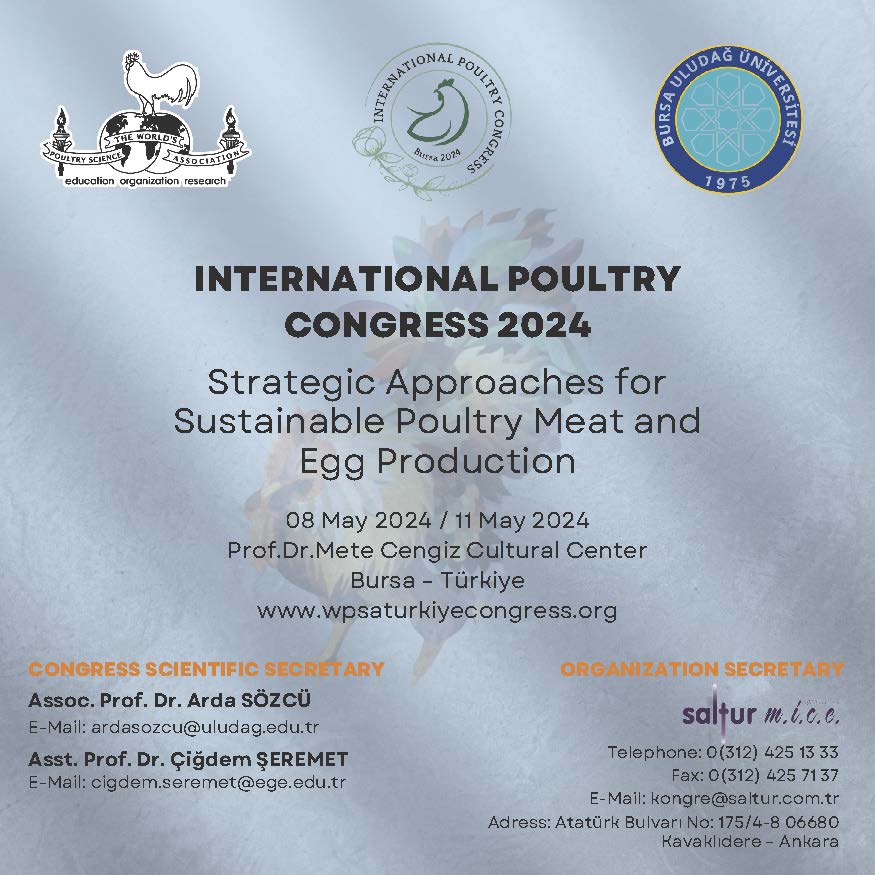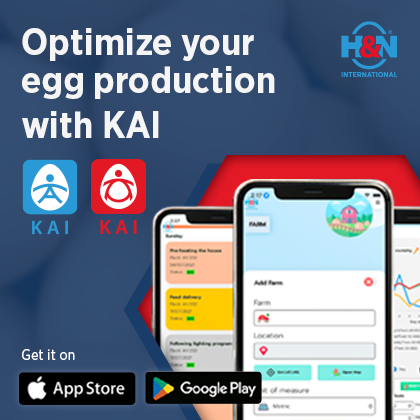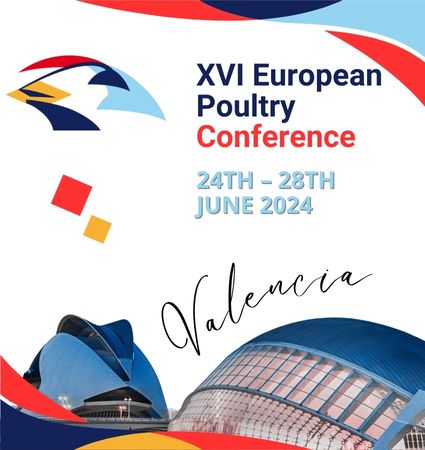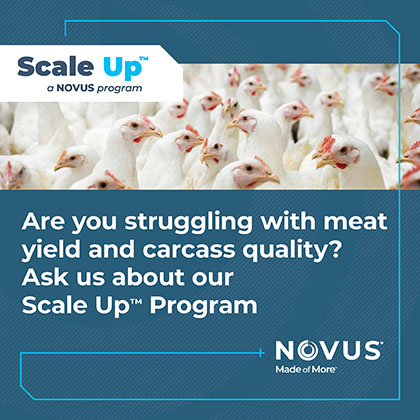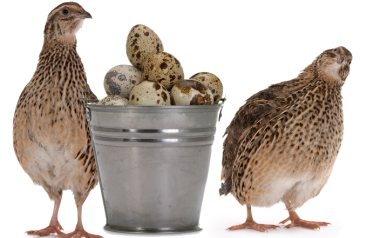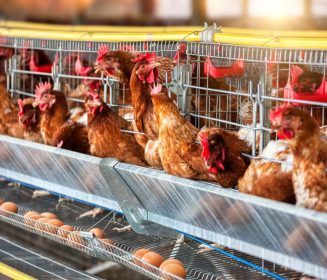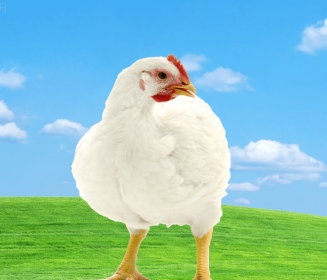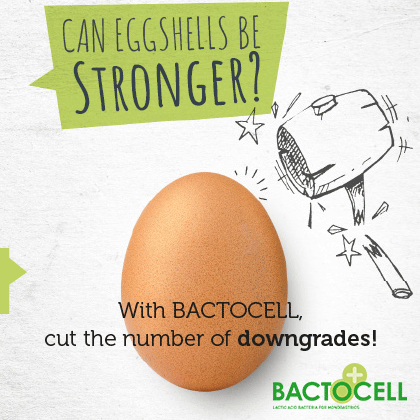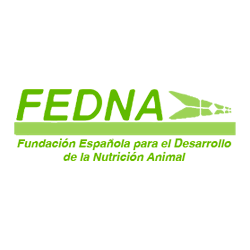Taking care of the chicken and the egg has a positive impact on health
Mexico is the fourth country in egg production and the first in annual consumption, and is also a signatory of agreements of the OMS...
Mexico is the fourth country in egg production and the first in annual consumption, and is also a signatory of agreements of the World Organization for Animal Health related to animal welfare. One of the practices to eliminate is the intensive confinement of egg-laying hens in cages.
Laying hens are gregarious animals, they seek to be in groups and in constant dust baths, as this helps them clean their feathers of mites; Part of their essential natural behaviors is to have a nest, a private place, with little lighting to be able to lay their eggs, but all this is prevented when they are confined in a space similar to that of a letter-sized sheet of paper, where they cannot move their wings, perch (rest), forage (eat), much less have nests.
In the world, 90% of chicken egg production follows this cage practice; On the other hand, Mexico is the fourth country in egg production and the first in annual consumption, which is why it is important to realize the effects on animal welfare, and even beyond, since humans are also affected.
Various organizations, mainly the World Organization for Animal Health (WHO), the simile of the World Health Organization, have taken on the task of compiling research and documenting the components that are the minimum essential to provide the conditions to the animals that we They provide food.
Based on the evidence, it is now known that free-range eggs have a healthier overall nutritional profile. Benefits found include less saturated fat and cholesterol, and higher levels of protein. Eggs from free-range chickens have also been found to contain significantly more vitamin A and vitamin E, more omega 3, higher levels of alpha tocopherol and alpha-linolenic acid, higher levels of carotenoids, more lutein, a healthier ratio from omega 6 to omega 3 fatty acids, higher bone mineral density and more beta-carotene.
Arianna Torres, Corporate Relations Manager at Humane Society International (HSI) Mexico, explains that when we focus on expanding production, several things are overlooked and we forget that birds are “sentient, intelligent and capable of experiencing emotions” animals. . When the focus is only on production units, even the health of the human being is lost from sight, because when an animal is healthy, the egg has higher quality.
He assures that this could be avoided and largely resolved by removing the cages and establishing conditions of greater animal welfare, including: perching, substrates and nests.
- This is a paradigm shift, but it is worth the transformation for everyone. We cannot ignore that all their natural behaviors are intrinsically related to the well-being of birds and their autoimmune system,” and clarifies that systems with high standards of animal well-being do not have to be highly technical or highly expensive, but it is essential to maintain the proper immune system of birds. “If the egg has more nutrients, we will consume higher quality eggs.”
In October 2020, HSI conducted a study showing that highly confined spaces with high densities, where proximity between animals is very high, are breeding grounds for diseases that highly replicate between animals and that can most likely jump to humans. humans such as zoonotic diseases, “we learned a lot about this during the pandemic,” he emphasizes.
A change in the consumer is required
Torres assures that as consumers we have much more power than we think to reverse this situation. “The producers, the companies that consume these foods, those that put them on the shelf, as market demands change, they will respond.”
He said that we can start by being informed and when we look for this product in the distribution centers, check that the products have the certificate not only 'cage-free', in Mexico there is an animal welfare certification that is distributed widely and with prices accessible, but this can also be required in restaurants, hotels, bakeries and spaces that consume large quantities of eggs. If we do not require it, their products probably come from highly industrialized and confined systems. “It is worth asking, asking and choosing brands that are doing things well, this is the way for change to happen in a more effective way,” he says.
He adds that we can no longer think that what is done with animals does not end up affecting us, “Everything is correlated and we have to be very aware of it, not only because it is ethically correct and compassionately appropriate, but at the end of the day it can change.” our lives and disrupt it in an important way, we have many reasons to do it well,” he concludes.
Benefits of free-range chicken eggs
It is shown to have less saturated fat and cholesterol, and higher levels of protein; provides more vitamin A and vitamin E, more omega 3, higher levels of alpha-tocopherol and alpha-linolenic acid, higher levels of carotenoids, more lutein, a healthier ratio of omega 6 to omega 3 fatty acids, higher mineral density bone and more beta-carotene.
Information taken from: The Economist

